Speaking Your Language
We all speak many languages. Reading that sentence, you might be thinking that you can barely speak your native language before your morning coffee. But I’m not referring to the definition of language as “a system of communication used by a particular country.” Instead, I’m thinking of the definition, “the words, their pronunciation, and the methods of combining them used and understood by a community.”
Based on that definition, think of the various communities to which you belong. There’s the place where you live; your family unit; your work or school environment; your religious, cultural, and social circles; your hobby or special interest groups; your favorite coffee shop. When the fam is gathered around the breakfast table, I’m guessing the conversation is vastly different than when the execs are gathered around the boardroom table. Your conversations with people you have known long and well are decidedly more casual than those with someone you have just met.
The vocabulary you employ with those who share your hobby or interest is unique, and an outsider might not have any idea what you’re talking about. If you are a bird watcher and hang out with fellow enthusiasts, they are going to know a chickadee from a nuthatch. Conversations may cover bird diet, habitat, plumage, nesting, and feeding behavior without anyone raising an eyebrow. But express your excitement to a barista over having finally spotted the elusive Yellow-billed Cuckoo, and you might be met with a blank stare.
My family has its share of inside jokes, as I presume most families do. A word or two might be all it takes to evoke a memory that cracks everyone up. It feels good to be part of a language group–to communicate with the lingo of an insider. In the purest sense, “heart language” is what you grew up speaking, and it is the most comfortable place for you to communicate.
Henry Wadsworth Longfellow wrote, “Music is the universal language of mankind.” Around here, it is spoken fluently because of our professional vocal and teaching artists’ educational training and pedagogy, whereas I’m at about a kindergarten level when it comes to the nuances of the language. (To me, an “accidental” is if I bump into one of my colleagues.) But the good news is that people do not have to know a cadence from a cadenza in order to enjoy music, and be moved by it.
The sole purpose of the Heartland Sings organization is to impact lives through this unique language. Every staff member works to uphold our pillars of Performance, Education, and Community Outreach. Every musical endeavor we produce is carefully crafted to teach children in a classroom, entertain an audience in a concert hall, engage a person with a disability, or educate students in our vocal studios.
We believe that we have something powerful to offer you, if you love music. In other words, we speak your language.
Image accessed from https://thebabelflute.com/the-structure-of-music-language/

